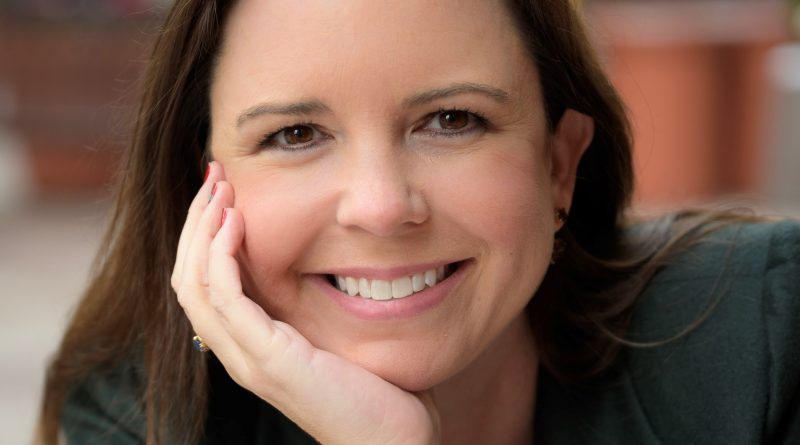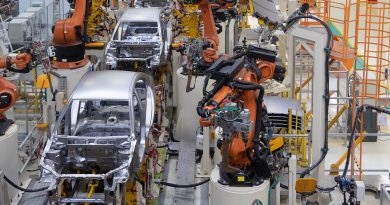California’s Nonprofits and Gig Workers Face A Three-fer
In an article yesterday, Evan Eichelberger raised questions about how COVID has hit the gig economy. Nonprofits, too, have been hit especially hard, something I got some West Coast perspective on from Julie Barton, Ph.D, based in Oakland, California. Barton, a fellow social innovation fellow with StartingBloc, is a consultant who works with nonprofits on strategy and fundraising.
This morning’s jobs report was another grim milestone in the COVID saga, as we’ve seen several hundred thousand Americans face layoffs and job losses per day over the past several weeks. While layoffs have been phased, beginning with the companies hit hardest by the abrupt shutdown in things like travel and food service, a cascade effect is currently in full force, and up to as many as half of jobs in certain geographies are at risk. Nonprofits, on the other hand, are a bit different.
There’s a blurry line between “nonprofit-as-charity” and “business, but beholden to its mission of social impact rather than to its shareholders and executive compensation.” As many nonprofits count as “essential” service providers, they may stay open, irrespective of state-ordered shutdowns. But among at-risk populations, an increasingly homebound citizenry means greater need, which in turn places greater strain on already limited pools of funding. In the process, Barton tells us, the “non-essential” nonprofits are taking a huge hit. (Such was apparent to me as I tried a quick social media-based nonprofit fundraiser in March).
“There’s a set of thinking that says, ‘Well, when people can’t eat, what’s the point of giving them trumpet lessons?’ she says. “That’s obviously a super valid point.”
Out California-way, some community foundations have risen to the challenge. She cited efforts by the San Francisco Foundation and the East Bay Foundation to support frontline workers. This includes not only healthcare workers, but also providers of direly needed services like childcare and food banks.
Organizations not on the front lines, however, are likely to struggle, she says. Just as hospitals are resorting to triage to deal with the massive number of patients, managers of limited pools of funding are having to make tough decisions about how to allocate funding. Such decisions may well involve job cuts and program funding cuts.
“My concern is that as we move to direct human service, which is so needed– and frankly [includes] things the government should already be doing,” she explains, “then all the other arts, education, environmental things [whose needs] aren’t so immediate are going to get lost in the noise.”
THE TRIPLE WHAMMY
The current climate in California is exacerbated by the passage of Assembly Bill 5, or AB5, last fall. Proponents aimed to codify a landmark state Supreme Court ruling arguing that workers in the gig economy were indeed workers and had to be treated as such. The issue has been highly contentious, as companies like Uber, Lyft, Postmates, and more rely on a population unprotected by a social safety net and living paycheck to paycheck as a source of inexpensive, flexible labor.
But the law has had unintended consequences on professionals who were successful in the gig economy because their work is freelance by definition. Think: independent journalists, graphic designers, or musicians.
“What they ended up doing … is really broad,” she explains, “and there are entire industries that are created around that– in a healthy way. Musicians, actors, people like court translators working in family courts on immigration issues– are contractors.”
“Musicians and artists were already in a bind,” Barton says, referring to a nationwide crunch in funding for nonprofit and social initiatives during the fever of the late bull market’s preference for private sector growth instead. “AB5 was a second blow. And now they’ve got to deal with COVID.”
“This is one of the unintended consequences of the law,” she says. “I think they wanted to pass the law and fix it later– but it’s been really tough.”
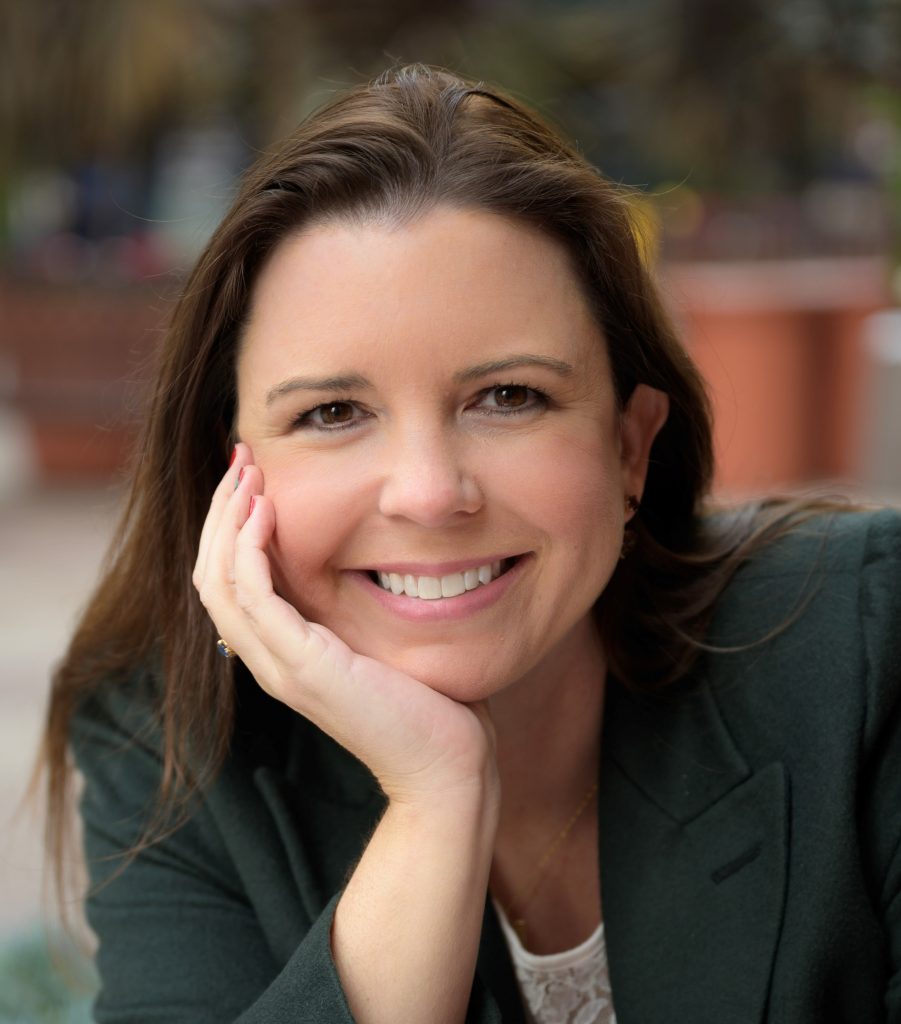
GIG WORKERS LEFT BEHIND
These concerns were echoed by Michael Alfera, a musician and sometimes attorney (“It’s weird, I know,” he explained), who has been leading advocacy efforts against AB5. I reached him at his home in Los Angeles.
“You want to regulate Uber and Lyft– that’s fine,” he said, “but can you find a way that addresses that problem without completely gutting California’s creative and freelance industries? You already had it where these national-based companies have basically cancelled the accounts of their California contractors since January 1st. [Now] these people are sitting at home.”
There is a vibrant Facebook community of anti-AB5 activism. Wrote Alfera last week on his personal page:
I’m angry because small arts nonprofits are already elephants on tightropes, financially speaking, and this law just seems like another slap in the face from the universe, telling me that the art I make doesn’t matter, that there’s no support for it, and that I’m in this fight on my own.
“I don’t really think a lot of them have thought this through,” he said of the lawmakers who pushed for AB5. The problem, he says, is that it affects not only Uber, Lyft, and Postmates, but also the vulnerable constituencies that Julie Barton is concerned about. Alfera mentions opera companies. Theater companies.
ROLE OF A PRECARIOUS PUBLIC SECTOR
Barton is concerned about what COVID will do embolden critics already skeptical of systems like public education. “People might say, ‘Well, we don’t need to invest in education or teachers, because parents can do it just as well at home.’ Or, they might say, ‘What’s so special about school? Or masters’ degrees?‘ I can see the narrative now– about how if educators give the right kind of support to parents to do it right, it could actually come back to bite them.”
This is especially troubling given the current presidential administration’s fairly transparent interests in eviscerating the federal bureaucracy by way of constructed incompetency and attrition. President Trump derisively referred to public schools as “government schools” in his February State of the Union address. The embattled Department of Education has been an iconic figurehead of the administration’s disdain for, well, itself. It is ironic, but also telling amid the administration’s attempt to essentially dismantle government as we know it (with no actual savings to taxpayers, in a bit of further irony).
For now, it would appear that the curve of the COVID infection rate is flattening, for the most part. But we’re not close to going back to normal. Most experts believe we’re still weeks away from reopening the economy, since we’ve only seen a few decreases in daily new infection counts. It’s also apparent that the effects on the economy are going to be severe.
Barton is skeptical that any of this aid will end up making it to the hardest-hit organizations. COVID comes at an inconvenient time for a sector already harangued by a slow but steady collapse of support from the federal government as a reactionary administration slashes public spending.
“We had been carrying this anxiety about the federal government. Like, how could it get worse? We were already tired by the beginning of March. And now this.”
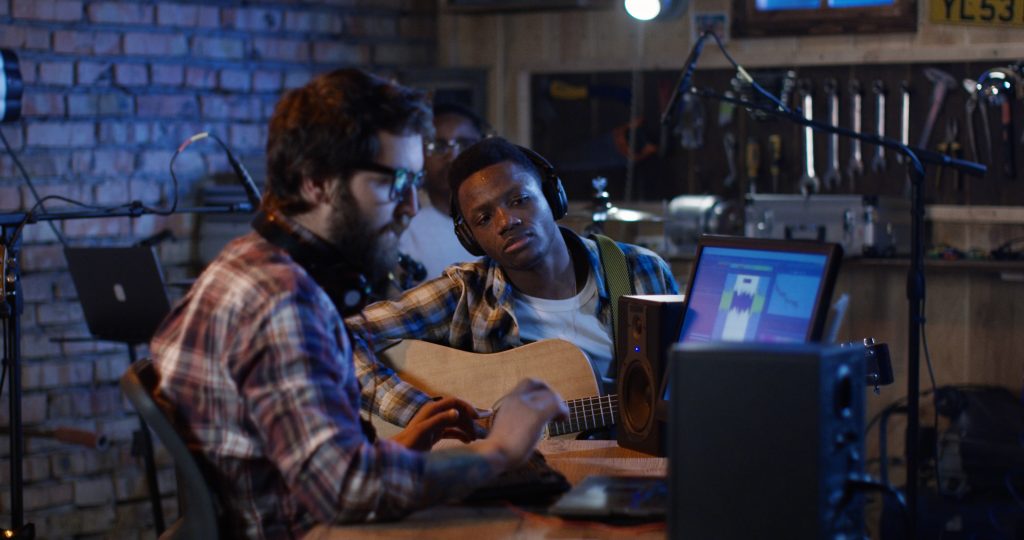
WILL BIG TECH SAVE THE DAY?
I then turned to another elephant in the room. I mused that Big Tech, along with Hollywood, was one of California’s two definitive, cash cow industries. They hold the state hostage to some degree– growth industries that can’t easily be picked up and moved, but that have enough leverage to avoid too much accountability. Are they helping at all? Lyft seems to have left many drivers in the lurch.
Barton says it’s tough to watch the situation unfold, because many large tech companies are sitting on hoards of cash. Billions of dollars. Many also pay no taxes. Critics and advocates are unconvinced that these companies have done enough. Barton sees this as an opportunity for them to turn the tide of public opinion.
“If they don’t step up now, how will they convince anyone of their CSR initiatives later? Like, years from now, ‘look, we did nothing during COVID, but we’re saving pandas in China,‘ or something. Who is going to buy that?”
There may be faint glimmers of hope.
“Marc Benioff [CEO of Salesforce] is leading the charge on his 1% pledge,” Barton says. “He talks about it all the time. He has gotten other companies to sign on. I’m a real fan.”
She acknowledges that this can fall victim to many of the critiques of the philanthropy industrial complex. “You do get a lot of people who will look at that, though, and say, ‘why is it 1% and not 2%?'” The goal should not be solely to criticize– but also to guide companies. “It’s not enough impact if 10,000 people sign a change.org petition,” she says. “We need, like, Bernie levels of clamoring,” she adds with a laugh.
Positive reinforcement combined with demands from stakeholders and investors, she thinks, could help turn the tide– peer pressure rather than shaming. A multiplier effect can follow. “If Mark Zuckerberg gives $10 million to the San Francisco Foundation,” Barton says, “suddenly, more people want to give to the San Francisco Foundation.”
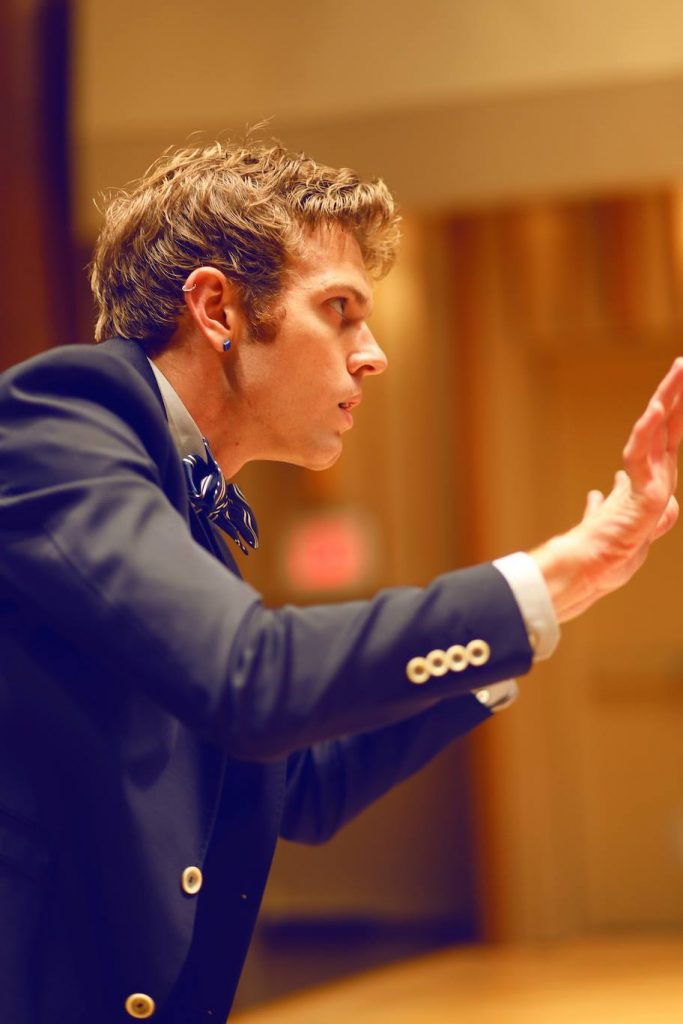
SELF-SERVING GOALS, PUBLIC-SERVING ENDS?
I recalled a particular memory of Jeff Bezos once being asked in an interview if, as the richest man alive, he didn’t want to do something bold like cure cancer, AIDS, and end world hunger. Instead, he responded that he wanted to build spaceships.
Barton embraced wholeheartedly StartingBloc’s affinity for “yes-and” responses. “You’ve got enough money. You can do both! Go ahead, have your spaceship!”
If we return to the question of responsibility for providing services, Salesforce was one of 91 companies that paid no federal income taxes in 2018. With an operating income of $300 million and a corporate tax rate of 21%, that’s a lot of trumpet lessons. Or teachers. Or buses. Or trains. Or accessible sidewalks. Take your pick.
Beyond hiring additional staff at albeit poverty wages, Amazon is contributing in the vicinity of about $50 million to a variety of initiatives. That’s about a third of a percent of their annual operating income. Apple has vaguely committed $15 million, or, 0.02% of their annual operating income of $64 billion. Yes, you read that correctly.
Twitter’s Jack Dorsey pledged $1 billion of his equity in Square toward recovery efforts. That’s impressive. But, while it’s a chunk of his personal wealth– compare that to the Chan-Zuckerberg Industrial Complex’s decision to contribute the equivalent of me donating about $20 to COVID efforts- it’s also a fraction of a fraction of a percent of the federal stimulus packages currently making their rounds. It’s ultimately apparent that we’re going to have to do better to protect our most vulnerable workers. But also apparent is that we can’t simply rely on the philanthropy industrial complex to dig us out of this one.
Dr. Julie Barton, Ph.D. is an independent nonprofit strategy and fundraising consultant Starting Bloc 19 Fellow based in Oakland, California. Michael Alfera is an attorney and musician based in Los Angeles, California.

